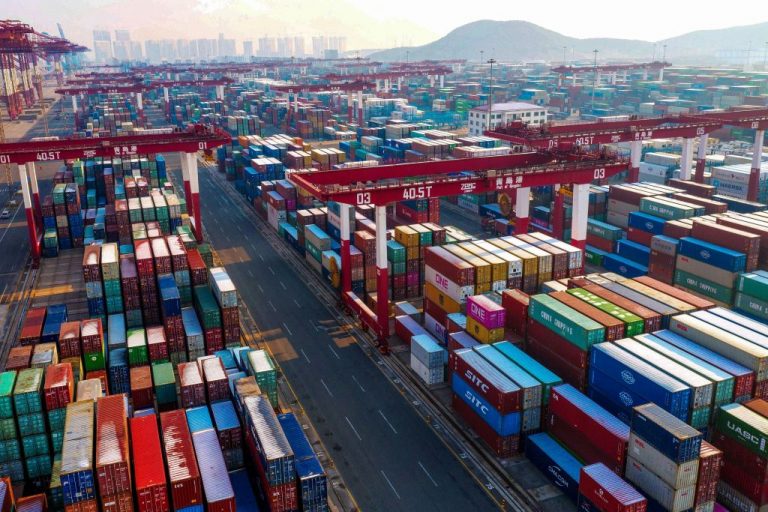The Office of the U.S. Trade Representative (USTR) announced Tuesday, May 3, that it will begin a statutory review of American tariffs imposed on Chinese products ahead of their expiration in July.
The review comes ahead of midterm congressional elections in November, with inflation likely to be a major issue. Some policymakers have therefore called for a reduction of duties in order to provide relief to consumers facing rising prices, and enable American manufacturers to have a chance at competing.
“The USTR is today commencing the statutory process required leading up to the four-year anniversaries of the tariff actions,” the announcement said. The measures were enacted under Section 310 of the Trade Act of 1974, which requires a “review of necessity” every four years.
READ MORE:
- US Trade Rep: China Tariffs to Remain in Place
- US Government to Exempt 352 Chinese Goods From Reinitiated Tariffs
- Communist Policies Hurt China’s Coastal Economy as US Tariffs Loom
“If a request for continuation is received, USTR will conduct a review of the tariff actions,” it said.
The announcement added that the USTR will examine the first and second batch of 25 percent levies imposed by former President Donald Trump’s administration in 2018, and covers around $50 billion in imports of Chinese goods.
Success
You are now signed up for our newsletter
Success
Check your email to complete sign up
Washington and Beijing placed tariffs on billions of dollars of each other’s goods beginning in late 2017 — triggering a trade war that began when the Trump administration said it would penalize China for what it claimed to be “unfair trade practices,” including intellectual property theft and economic espionage of American industries.
Process could take months
The USTR said the process of examination could take months and notified representatives of industries that benefit from the tariffs about the possible expiration.
Affected businesses will have until July 5 and Aug. 22 — the day before the anniversary dates for each batch — to ask for the continuation of exceptions. If the office receives at least one such request, it will keep the duties in place pending review. The request would then trigger a review from the trade office, which would include a period for the public to provide comments.
Although U.S. lawmakers have remained divided over whether to lift Chinese tariffs to help keep consumer costs low, a poll conducted by the Morning Consult on behalf of the Coalition for a Prosperous America last month found that an overwhelming 71 percent of registered U.S. voters support the continuation of tariffs on China.
A critical time to counter inflation?
However, not everyone in the USTR may be in agreement. U.S. Trade Representative Katherine Tai expressed skepticism at the dropping of China tariffs, calling them necessary tools in protecting American industry goods.
Since the invasion of Ukraine by Russian troops began in early February, the U.S. consumer price index shot up by 8.5 percent in March — the sharpest rise it has seen in 40 years. A research paper by the Peterson Institute for International Economics (PIIE) said that lifting tariffs on a range of imports from China and elsewhere could shrink inflation by 1.3 percentage points.
“I really have to challenge the premise of that study,” Tai said on May 2 in regards to the Peterson study. “I think it’s either something between fiction or an interesting academic exercise.”
Tai told Senate Democrats last week that she did not endorse a Senate plan that would “force the administration to begin a process for widespread tariff exclusions,” the South China Morning Post (SCMP) reported.
Treasury Secretary Janet Yellen took a different stance, telling reporters on April 22 that it was worth considering steps to lower American tariffs on Chinese goods given the “desirable effects” such a move could have on lowering inflation in the U.S.
“We want to do everything that we can to lower inflation,” Yellen told Bloomberg TV.













